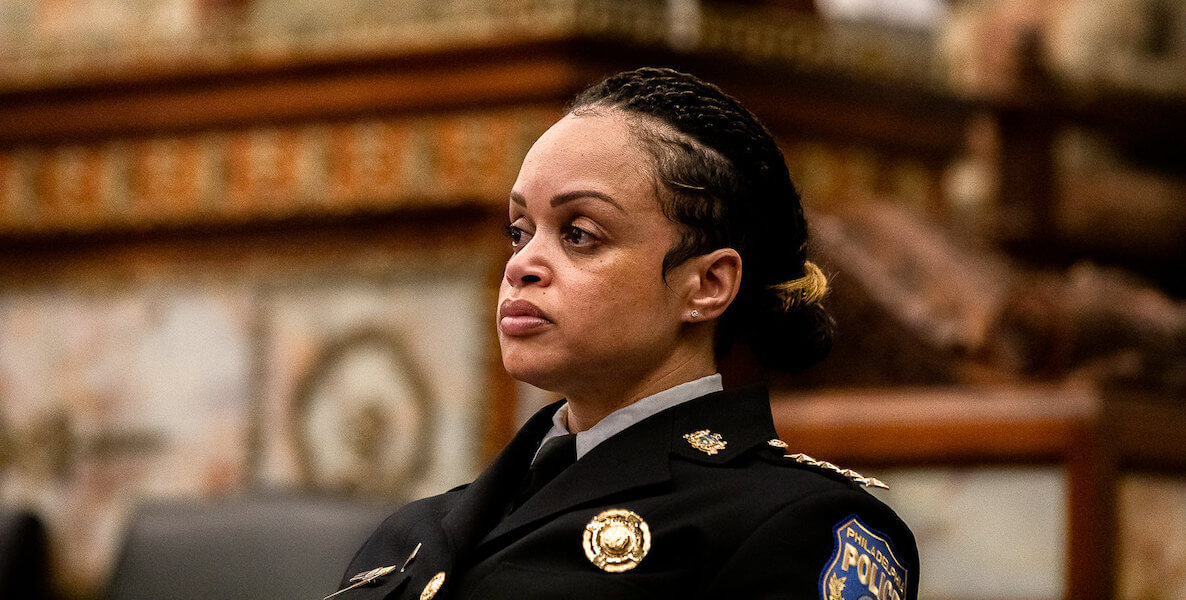Almost immediately after Police Commissioner Danielle Outlaw announced her resignation this week, Fraternal Order of Police president John McNesby weighed in with how he thinks the next mayor should find her replacement: by looking … inward.
“Outside picks don’t gel well in this town,” McNesby told The Inquirer on Tuesday. “With the political atmosphere and the learning curve, it just doesn’t work.”
At the risk of stating the obvious, it only doesn’t work because of cops like McNesby, who refuse to acknowledge what is fundamentally true: Our police department needs change. It is, also, patently untrue. Two of this city’s most celebrated police chiefs — former NYPD official John Timoney (1998-2002) and former D.C. Commissioner Charles Ramsey (2008-2016) — were change agents from outside Philly. They were tough, longtime cops who took no shit from either the FOP or criminals.
The police commissioner is one of — if not the — most important positions our next mayor will fill, and that was the case even before Outlaw resigned this week. In the runup to the primary, presumptive Mayor-elect Cherelle Parker was noncommittal about whether she would retain Outlaw. On Tuesday, when that choice was taken from her, Parker’s spokesman Aren Platt told the Inquirer that she is “looking in Philadelphia and across the country to ensure that we have the best and the brightest helping to lead our city.”
“I knew that when shit hit the fan I needed someone who people would look at and say, He actually knows what he’s talking about. I needed a leader and someone people would respect, both the citizens and the public servants.” — former Mayor Michael Nutter on hiring a Police Commissioner
Parker is in some ways uniquely positioned for this moment: As a Black woman who also has strong union ties, she may have standing and political clout among disparate communities that are often at odds with each other when it comes to policing. She is coming in at a time when we are desperate for inspired leadership and accountability, when violent crime is decreasing in the city, and when coffers are relatively flush.
The question is what Parker will do with this moment. Does she have a vision for public safety that goes beyond policing? Can she find a police commissioner who is strong enough to wade into the morass of competing interests that batter anyone who holds the job, but humble enough to concede that policing might need a radical change to survive? What is the message she strikes to convey with this appointment to Philadelphians — cops and civilians alike — about what this city will become under her leadership?
Here, some ideas and some names to consider, as much for the change they represent as for the people themselves.
Look for outsiders who have proven themselves to both cops and citizens.
Commissioner Outlaw came in with a mandate to change the culture of the PPD, after Kenney’s first police chief, veteran Richard Ross, departed ignominiously amidst sexual harassment accusations. Ross’ tenure was also when we learned of racist ramblings on Facebook of 300 officers, including captains and lieutenants, and about a narcotics officer who regularly drove to work in a car emblazoned with Confederate flag memorabilia.
The shooting and the dishonest response to the shooting of Eddie Irizarry — and Outlaw’s evident frustration — makes clear that PPD culture still has some ways to go before it can be said to be truly reformed. And McNesby’s push for an internal replacement makes clear that the FOP, at least, is not interested in the kind of change that is clearly needed. That argues for a change agent who would have standing with the rank-and-file.
We’ve written frequently about — and featured at our Ideas We Should Steal Festival — former Philly Detective Mike Chitwood, Jr., now Chief of Police in Volusia County, Florida, who is a sort of insider-outsider. In his 18 years on the Philly force, Chitwood earned a reputation as a cop’s cop. But in Volusia County, he deliberately transformed his force from warriors to keepers of the peace by mandating a department-wide training called ICAT, Integrating Communication Assessment Tactics, that provides officers with the tools, skills and options they need to defuse a range of critical incidents, focusing on critical thinking, crisis intervention, communications and tactics.
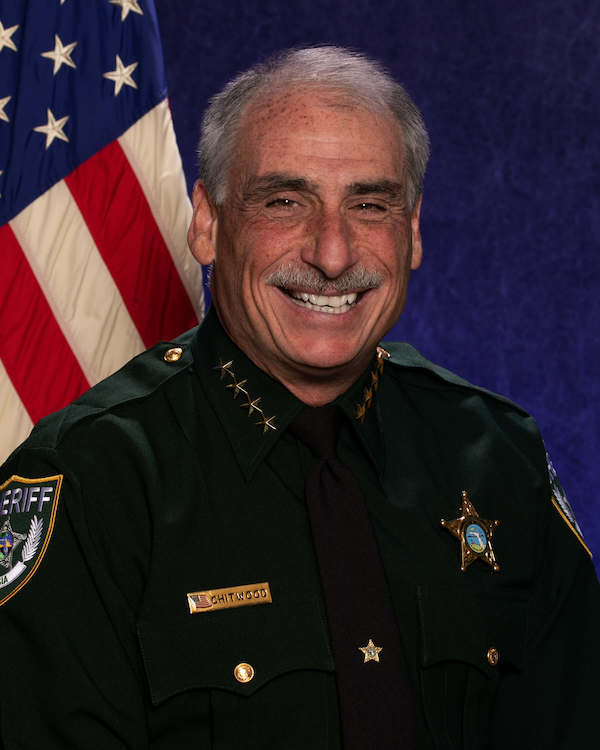
Outlaw, too, has greatly expanded the department’s crisis intervention training, including ICAT. But Chitwood did this back in 2018 — before the murder of George Floyd forced departments to change how they conduct their business. He’s an evangelist for rethinking policing not because of social justice, but because of the results: In the three years between 2016 and 2019, use of force cases in Volusia County dropped 50 percent; arrests dropped by nearly 30 percent; overall crime dropped 40 percent; and injuries against deputies dropped 50 percent.
Unlike Outlaw or Chitwood, Keechant Sewell ran the nation’s largest police force — New York City — albeit for just under 18 months, before resigning her position in June. Appointed by Mayor Eric Adams early in his tenure after a stint as Nassau County chief of detectives, Sewell earned praise for starting to revive the department after years of low morale — including by negotiating a contract with higher pay and better schedules, and assigning more officers in a beleaguered sex crimes unit — at the same time as major crimes dropped throughout the city. Associates say she quit after being frustrated by Mayor Adams’ frequent intervention in the workings of her department, particularly around personnel issues. There is no reason to think Parker would micromanage the PPD in the same way as Adams, a 22-year NYPD veteran. And it’s possible — though how likely is unclear — that Sewell would have an easier road here than in either city as the second Black woman to run the department, not the first anymore.
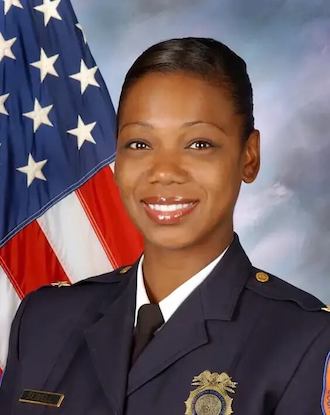
Michael Harrison is another cop’s cop who spent nearly 30 years in the New Orleans Police Department before taking the helm of his hometown agency with a commitment to cleaning up the notoriously corrupt force. He created Ethical Policing is Courageous (E.P.I.C.), a program that teaches “active bystandership” and empowers rank and file officers to intervene without fear of retaliation when a colleague exhibits bad behavior. (See: Lying about a deadly encounter with a motorist.)
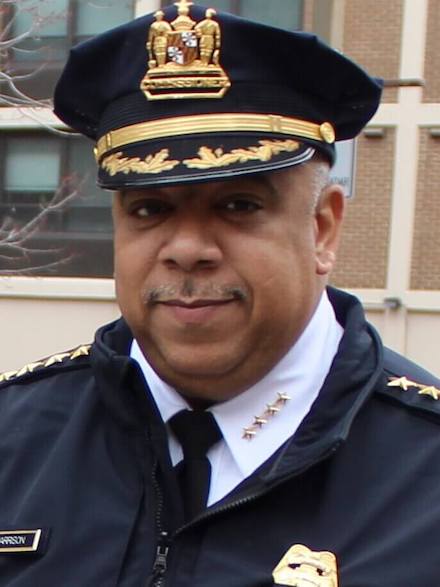
Under Harrison, top commanders and rookies trained together, and everyone who went through the program got an EPIC pin to sport on their uniforms — a message to both colleagues and citizens. After retiring from NOPD, Harrison in 2019 became commissioner of the Baltimore Police Department, which was still reeling from the horrifying death of Freddie Gray while in police custody in 2015, and was working under a consent decree from the Justice Department because of a history of police abuse. Like he did in New Orleans, Harrison brought a new culture to the Baltimore PD that has not fixed everything, but that set it on the path to reform before he retired again in June. It’s unlikely Parker could tempt Ramsey back to Philly, but maybe — maybe? — she could convince Harrison to take a stint further up I-95.
Houston Police Chief Troy Finner, appointed by Mayor Sylvester Turner in 2021 after 30 years on his hometown’s force, is a reformer by necessity. Just weeks after taking the helm of HPD, Turner announced dozens of reforms he was imposing on the force, the recommendations of a citizen advisory board following the murder of Houstonian George Floyd in Minnesota. Finner, among whose first acts in office was assigning his city’s first LGBTQ liaison officer, is tasked with implementing those reforms, which include changes to use of force, transparency, accountability and social service partnerships. It’s still early days for Finner — though crime is down in the city across the board — but he has combined a sense of competence and understanding, and he has been upfront about the obstacles to change, as when he told critics he agreed it was not acceptable, but that he could not afford to put dashboard cameras on every patrol car yet. For citizens impatient for change — as we should be — that candor can be exactly what we need.
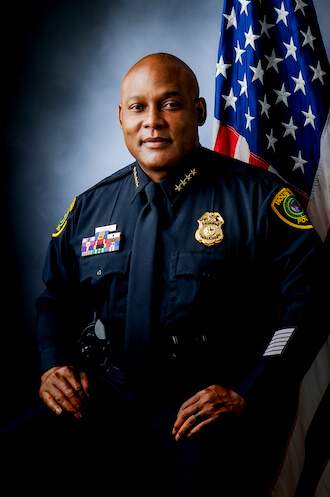
Look for an insider who brings a new perspective.
When he was elected mayor in Atlanta, Kasim Reed tapped as his commissioner George N. Turner, a 30-year Atlanta Police Department veteran who was an interim commissioner after the previous chief resigned (like Philly’s John Stanford, Outlaw’s top deputy, who will fill in until Parker appoints a new commissioner). In the most recent How To Really Run A City episode, Reed explains that he selected Turner because the men shared a vision for crime fighting in Atlanta, where crime fell to a 40-year low under their watch, but also because of his background. Turner grew up in Atlanta’s public housing projects, and later in his career worked on civil rights legend Ambassador Andrew Young’s police detail, which Reed was certain would give him a “different touch and perspective.”
The FOP seems to be supporting Stanford, whose experience includes working in internal affairs, department communications and overseeing a West Philadelphia district. Another local candidate said to be in the running for the job is Kevin Bethel, a former deputy commissioner under Charles Ramsey, who upended the way police operate in Philadelphia public schools after decades of witnessing the schools-to-prison pipeline.
Bethel left the department as a Stoneleigh Fellow, working to implement his school safety program across the country. He founded a nonprofit, Law Enforcement Juvenile Justice Institute, and is now chief of school safety at the School District of Philadelphia. He brings what Reed saw in Turner, and what is no doubt much needed, to the work of policing — a “deep humanity.”
“We’re supposed to be the adults here, the ones who know better,” Bethel told me in 2015, in a story about his pre-diversion program for Philly school students. “A child could be getting abused at home, have no food at home, and then we don’t even ask them questions before arresting them? I’ve watched us use the stick for discipline for decades. But the stick hasn’t worked.”
Hire a leader and a manager.
Outlaw released a policing plan in 2020 that was chock full of innovative ideas, several of which she has unrolled at the PPD, despite a lack of resources, staff and support to execute them fully. But innovation, and even inspiring leadership, is not enough. The department also requires good management. For a glimpse of just how true that is check out former City Controller Rebecca Rhynhart’s 2022 PPD budget audit, which found a host of inefficiencies, ineptitudes, and communications chaos that has hobbled the department for years — with real consequences for our city’s safety.
The new commissioner will oversee a 7,100-person department, including 6,300 sworn officers represented by the Fraternal Order of Police, which Chuck Wexler, executive director of the Police Executive Research Forum, which has advised Philly on best practices and on searching for police leaders, refers to as “one of the most effective unions in the country.” A successful police commissioner must have experience working with — and pushing — labor unions, and doing all the other tasks of running a business: hiring workers, updating systems, developing leadership, managing budgets.
In Atlanta, Police Chief Darin Schierbaum has reorganized his department to reflect this need, hiring Peter Aman, a business consultant and aide to former Atlanta Mayor Kasim Reed, as his agency’s first Chief Administrative Officer. Aman has a long career in both the private and public sector: He was a senior partner with global consulting firm Bain & Associates, then was COO for the City of Atlanta under former Mayor Kasim Reed before running for mayor himself in 2016. His new role oversees the business operations of the APD, including 9-1-1, strategic planning, fleet, records, logistics, code enforcement, and HR. He is the manager to Schierbaum’s law enforcer. Aman is still new to the job, and he is truly an outsider — he’s not even a cop — but as a Wharton grad, he does have a tenuous Philly connection.
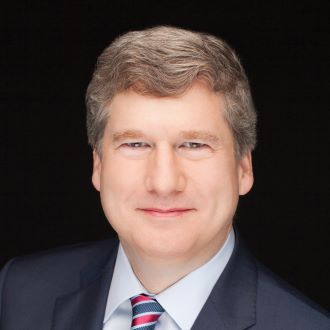
Perhaps most importantly, we need a kickass public safety plan, and someone who will enact that vision completely.
In her last year as in City Council, Parker released a Philadelphia Neighborhood Safety and Community Policing Plan that she referenced in her campaign and that lays out her vision for public safety. It acknowledges the need for widespread neighborhood policing, efforts to hire and retain officers, fixes to the 9-1-1 system, and addressing quality of life issues that contribute to crime and community engagement. It does not get into specifics. And it does not go as far as it could to rethink public safety for a 21st-century city. Hopefully, that’s in the works.
In the latest episode of our How To Really Run A City podcast, former Philadelphia Mayor Michael Nutter recounted recruiting and hiring former Commissioner Ramsey, who rose from the ranks to become deputy superintendent in Chicago and then helmed the Washington, D.C. police department for 10 years — one as an insider and one as an outsider. Ramsey showed up to the interview having carefully read Nutter’s public safety plan, and it was clear that he shared the mayor’s vision.
“We understood our responsibility, especially as Black men, given the scourge of violence in the Black community,” Nutter says in the podcast.
That speaks to an important qualification a mayor must look for in a police commissioner, according to Wexler: chemistry. There was never any doubt that Nutter and Ramsey shared a literal and figurative podium when they talked to citizens about policing and public safety in Philly.
Contrast that to what we’ve seen in Philly lately: Public officials, from Mayor Kenney to Commissioner Outlaw to D.A. Larry Krasner to City Council, seemingly unable to work together to solve the scourge of violence in our city. That has sometimes left the impression that Commissioner Outlaw is on her own, like last month after Officer Mark Dial shot dead Irizarry — and then lied about it. Our MIA Mayor Kenney finally spoke out about the episode days later, when pushed by reporters, and then with little passion.
No matter who Parker hires for the job, that has to change, for Philadelphians to feel like we are in good hands. As Nutter put in the podcast this week: “I knew that when shit hit the fan I needed someone who people would look at and say, He actually knows what he’s talking about. I needed a leader and someone people would respect, both the citizens and the public servants.”
![]() MORE ON THE PHILADELPHIA POLICE DEPARTMENT
MORE ON THE PHILADELPHIA POLICE DEPARTMENT



